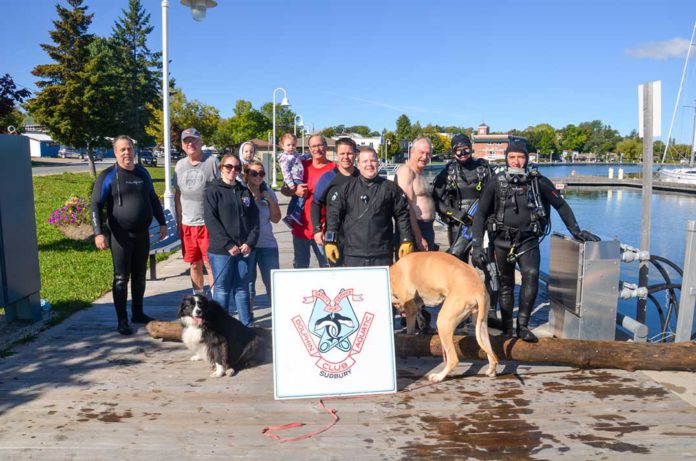News that the wreck of the Erebus has been found was greeted with elation within the scientific and historical communities across the globe. The Erebus is the second ship lost ship from the ill-fated Franklin Expedition in which 128 sailors and officers searching for the fabled Northwest Passage disappeared into the Canadian arctic with barely a trace.
Two years ago, a diligent search located the Terror, the other Franklin expeditionary vessels loost in Arctic waters.
For Canada, finding the lost British ships plays an integral role in cementing our claim to vast stretches of the North that we otherwise have little claim over by way of solid evidence.
The government of former Canadian Prime Minister Stephen Harper, to its credit, tried to put a focus on Canada’s North, but like every government before it, there was more flash than substance to its efforts.
Canada has largely had a free run on Northern sovereignty since the loss of the Franklin Expedition in the mid-1800s as the inhospitable environment largely shielded its claim from any serious competition. But with the advent of climate change, the fabled Northwest Passage, which for all intents and purposes actually did not exist when Franklin set out even though it had been the explorer’s objective, has now become a reality, with tankers, freighters and even cruise ships making the still hazardous traverse through, in the words of Stan Rogers, “the shortcut to the Orient for which so many died.”
The defence of Canada’s North lies in the hands of an almost ad hoc force of WWII vintage Lee Enfield-armed Inuit “rangers.” Given that the reliable old 303s are probably the most practical weapon for the environment, the rest of Canada’s modern state-of-the-art armed forces have, by their own admission, lost much (if not all) of their ability to fight on the frozen tundra and ice-clogged shores.
Canada’s only Arctic deep water port at Churchill, Manitoba on Hudson’s Bay is now closed for business and the once busy rickety railroad (not to exceed a top speed 28 kilometres an hour) that led to the port no longer serves as a grain distribution point, even as this year’s bumper crop threatens to swamp to overload the existing east-west capacity to our export ports on each coast.
Oddly, it was Mr. Harper’s Conservatives whose policies led to the loss of the Churchill port. The Chretien government had sold the railroad to an American company, Omnitrex, and the port was kept busy with record amounts of grain shipping out through countless freighters but the Conservatives put paid to the Canadian Wheat Board, ending it supply management monopoly and once farmers were free to choose their own customers for their wheat, they chose shippers who used the east and west coast options.
There is an old adage, use it or lose it, and while we may believe our proximity and alliance with the US will prevent encroachment from foreign interests, the US itself has been somewhat less than supportive of much of our claim to sovereignty over the Northwest Passage.
Developing the North will be expensive, but failing to invest in the Canadian Arctic will risk letting interlopers with a far worse regard for the environment step in to develop its resources. Even the Chinese have been expressing an interest in joining the club, looking for representation on the international committee that is settling the challenges and claims to the North.
Canadians may fear that we cannot afford the price of admission, but the truth is that we cannot afford not to invest in our Northern legacy. It is time to put up.



